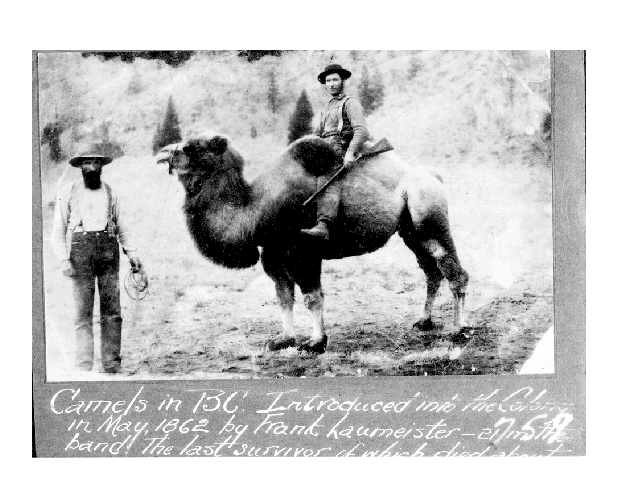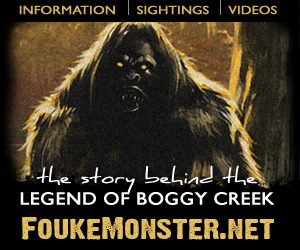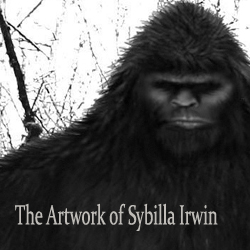In Search of America’s Camels
Posted by: Nick Redfern on April 24th, 2013

There’s a new Mysterious Universe article from me, which starts like this…
“As many readers of Mysterious Universe will know, one of my biggest interests – when it comes to the domain of all-things weird and Fortean – is the field of Cryptozoology. Or, in simple terms, the study of unknown animals, mysterious beasts and monsters – call them what you will. But, there are other categories of animal that, for some – but certainly not all – creature-seekers also play a role in how we define Cryptozoology. They are the out of place animals.
“It goes without saying that the British Isles are not home to large, black, exotic cats. Yet, numerous people – all across the nation – report seeing them every year. Out of place wallabies are common in both the UK and the United States. Australia has a huge number of incidents on record of large cats on the loose, eerily resembling their British cousins. And then there’s another type of creature that falls into this particular category: the camel. Say what? Yep!”
Camels? Yes, really! Here’s the story…
About Nick Redfern
Punk music fan, Tennents Super and Carlsberg Special Brew beer fan, horror film fan, chocolate fan, like to wear black clothes, like to stay up late. Work as a writer.










Disney put out a goofy, campy movie called H.A.W.M.P.S. in the 1970s about the camel cavalry. I think Tim Conway (now most known for playing Barnacle Boy on Spongebob Squarepants) starred in it. And if Tim Conway was in it, that probably means Harvey Korman was, too.
As much as I’d like to believe there are feral camels (not wild- a scientific distinction) in the US, it’s just hard to accept.
You’re the smartest guy I know on Texas Camels. Thought you’d did it interesting.
Thanks for the kind words, brother Alan!
Camels, like many other large mammals once existed in North America until until the paleo-indians killed them all off about 11,000 years ago. So camels aren’t exactly out of place in America, merely reintroduced.
If you want camels, please feel free to come to the Australian outback and take as many as you like. Introduced by Afghans in the 19th century and have become a major, major feral animal disaster.
My dad can confirm that camels were in the Arizona desert as late as the 70’s. I’m pretty sure my brother, a Sheriff’s Deputy, has come across dead camels recently while on his patrols. I’ll ask him about it when I see him again and tell him to take some pictures if he comes across them. Wild camels isn’t really anything strange for most Arizona natives as far as I know.
Averagebigfoot: Very interesting, thanks! That would be very cool if some very recent sightings can be confirmed.
Doug, It is indeed hard to accept, but it’s worth noting that the 1941 report was fully confirmed, and although that’s more than 70 years ago, maybe, just maybe…
David- Australia, Camels were mainly introduced in 1860 as part of Burke and wills expedition, over the next 50 years an estimated 10,000 to 12,000 camels came to Australia mainly from India and Palestine, they were mainly dromedaries (Camelus Dromedarius), only 20 or so camels, bactrian camels,(Camelus Bactrianus) were imported during this time. The camel drivers (cameleers) mainly came from Afghanistan.
corrick:
You beat me to it. This happens to be one of my favorite subjects, also, but it’s hard to find people with the level of knowledge to discuss it with.
I am so fascinated with these beasts that I contemplated buying one when I lived in northern NM. But they are quite expensive, and the shipping costs nearly unimaginable. I had a fenced grass pasture in back of me that would easily support a camel, as well as the two horses who were kept there. It wasn’t MY pasture, but I could have subletted it from the lessees, who were neighbors.
I’m sure many escaped or were let go in the Southwest and other areas. A surviving population is not the least farfetched, and the number of sightings makes it a pretty sure thing.
But northern NM has broad, flat valleys between mountain ranges, and you’d be able to see a camel from miles away with binoculars. The Taos graben itself is immense, and is part of the larger San Luis Valley, the largest alpine valley on the face of the planet.